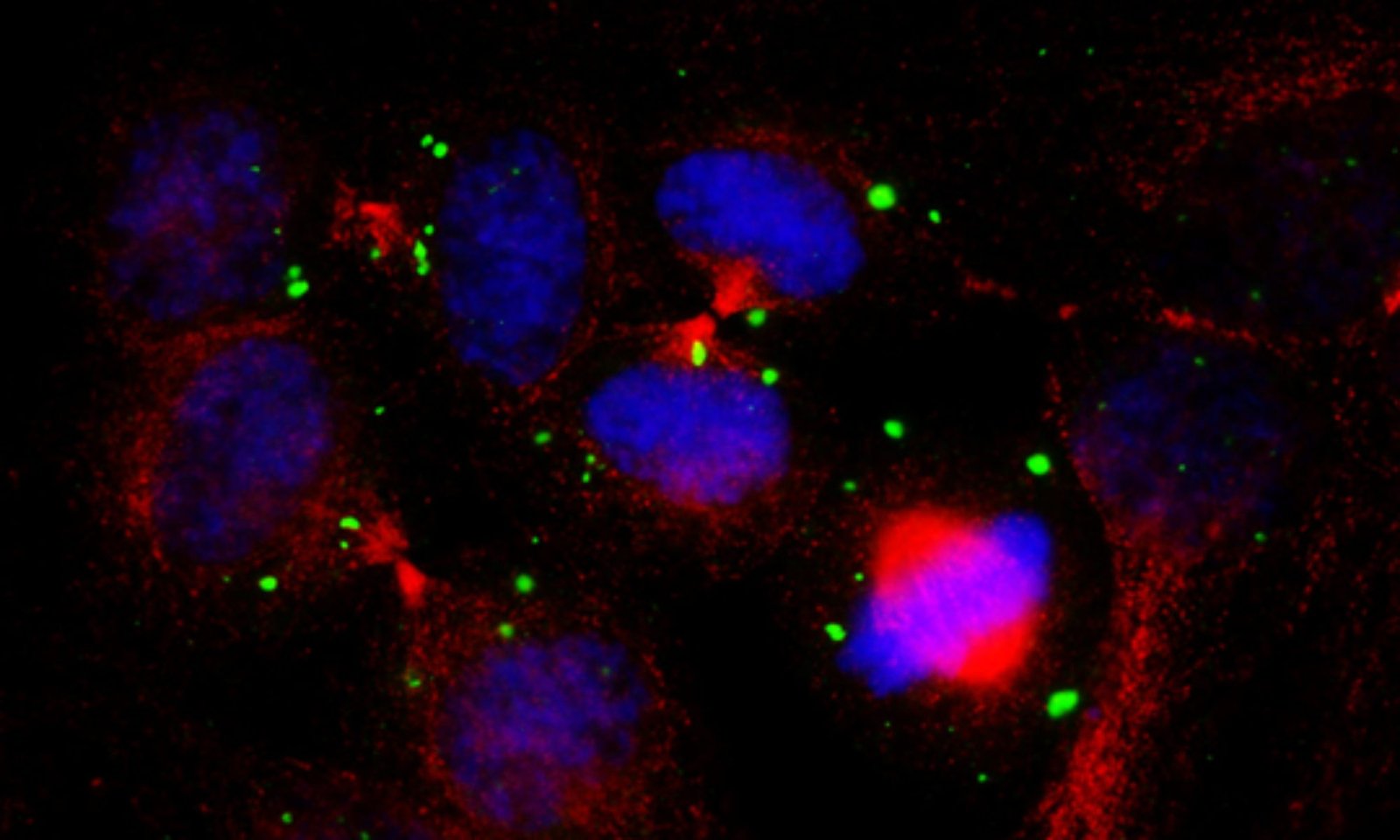Abstract
Background: Omega (ω) 3 fatty acid (FA) is a polyunsaturated FA (PUFA) that can modulate some mental statuses. However, most studies have not considered the functional differences between eicosapentaenoic acid (EPA) and docosahexaenoic acid (DHA). We investigated associations among happiness, a sense of fulfillment and serum ω3 PUFA levels. Methods: Participants were 133 female staff from a hospital and nursing homes. Happiness was measured using the Japanese version of the subjective happiness scale (SHS); a sense of fulfillment was assessed using a visual analogue scale. Serum FA concentrations were measured. A partial correlation test and a regression model were applied. Results: The SHS scores showed significantly positive correlations with a sense of fulfillment, DHA% and EPA% (p < 0.05, < 0.05 and < 0.005, respectively), after controlling for age, BMI, menopause, snacking habits and leisure-time physical activities. A sense of fulfillment was significantly negatively correlated with α-linoleic acid%, and positively correlated with DHA% and EPA% (p < 0.05, < 0.05 and < 0.005, respectively), after controlling for the confounders. A regression model showed that a sense of fulfillment, EPA, and not stopping menstruation explained happiness (standardised beta, B = 0.18, p < 0.05; B = 0.24, p < 0.01; and B = 0.32, and p < 0.05, respectively), whereas age, BMI and snacking habits could not. Simultaneously, a regression model could not explain the association between DHA and happiness. Conclusion: Happiness was related with serum EPA%, a sense of fulfillment, and premenopause.
Omega-3 Eicosapentaenoic Acid Is Related to Happiness and a Sense of Fulfillment—A Study among Female Nursing Workers https://t.co/y53mnz8e9J #Omega3 #Nutrition @erlesen @HealthyFellow @nathantwala @deNutrients
More from INPST, #DHPSP, and CRBIOTECH: https://t.co/3ZKrQtRXI3 pic.twitter.com/t4DRmtl6QA— INPST (@_INPST) January 28, 2021

